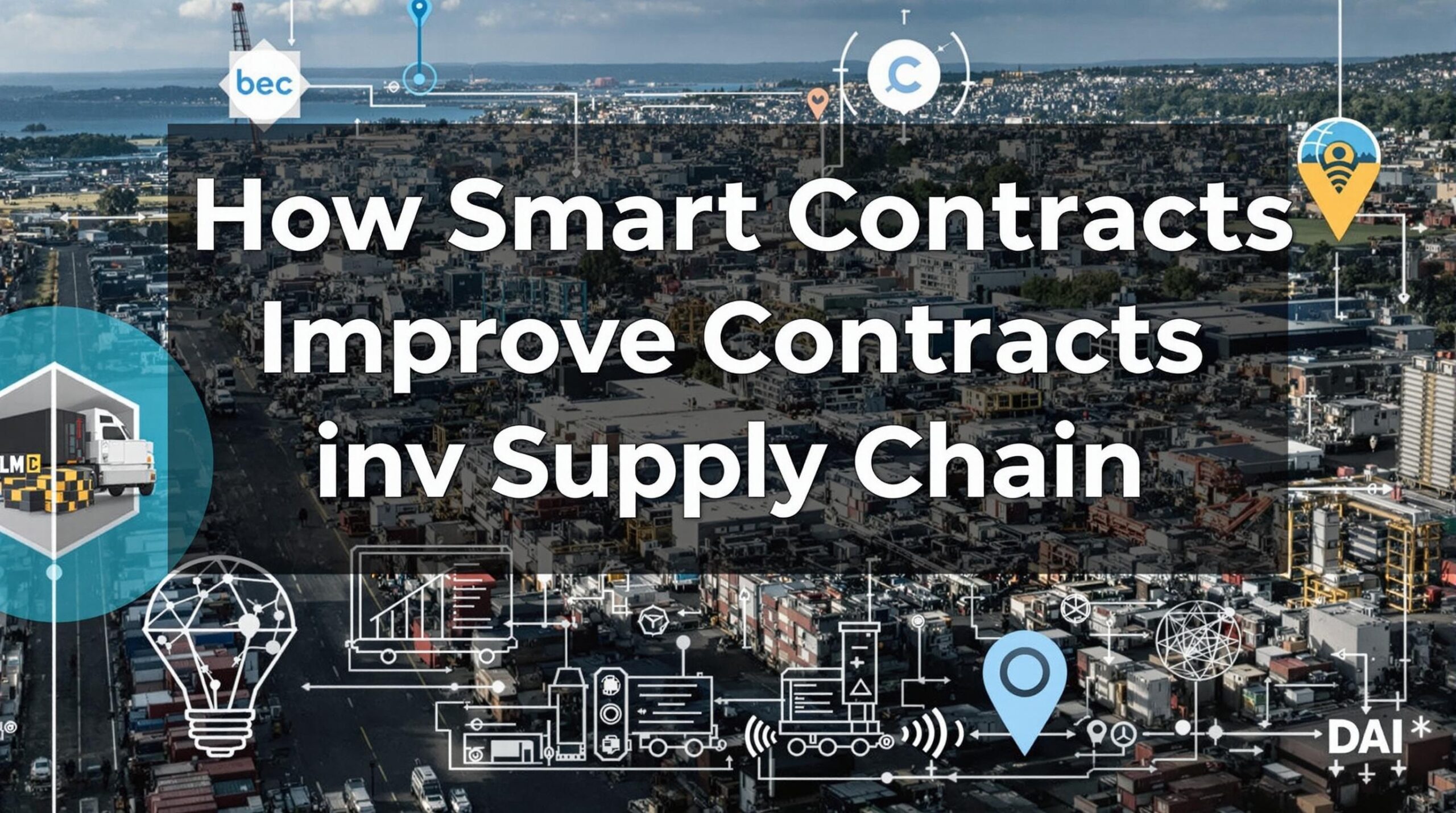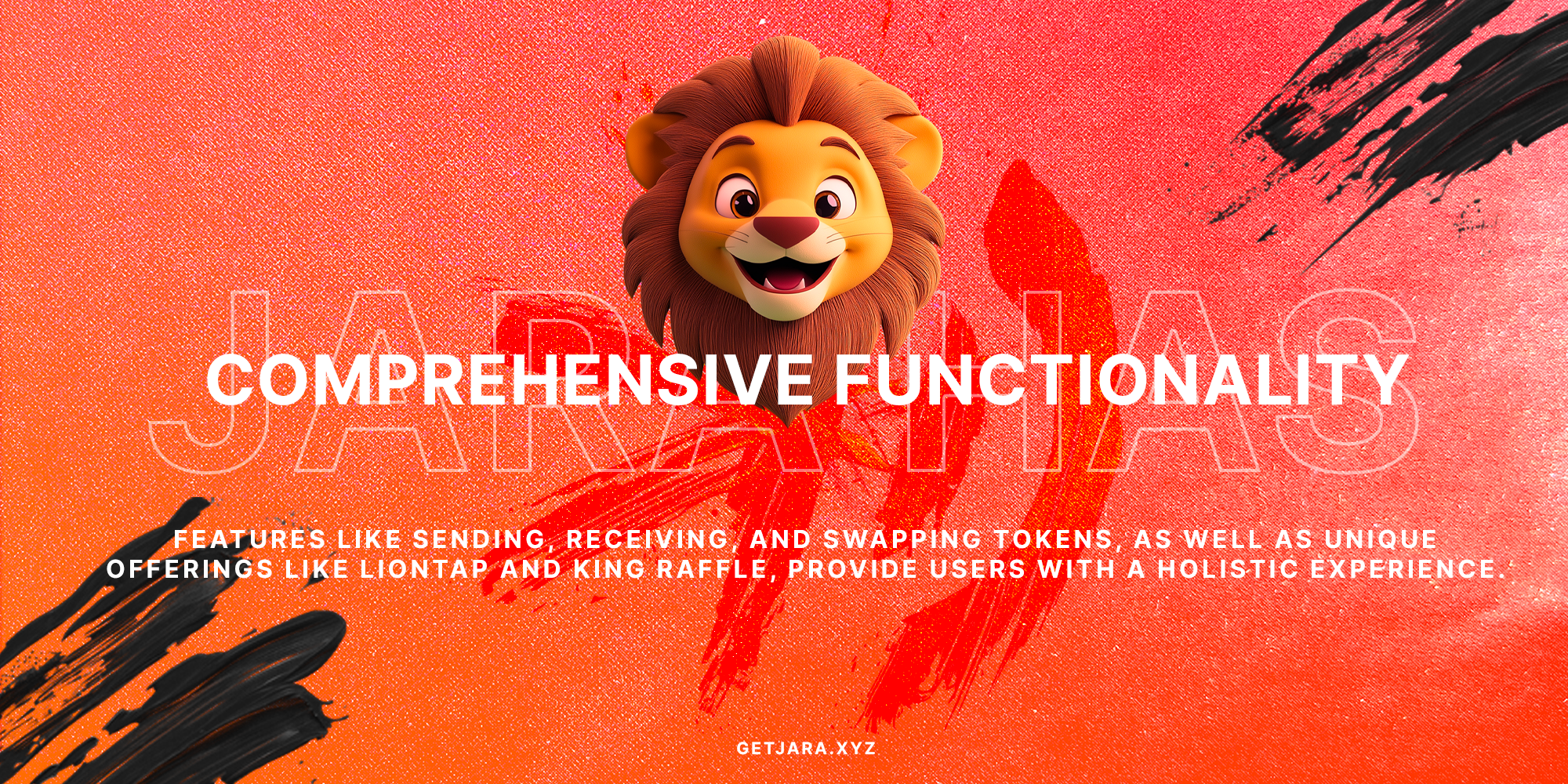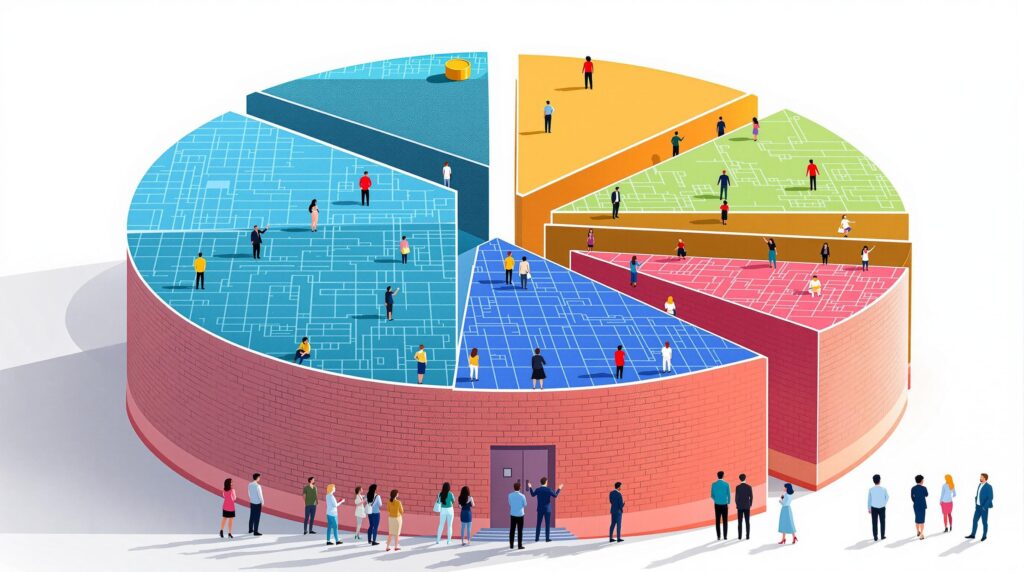Understanding Smart Contracts in Supply Chains
Have you ever wondered how smart contracts could potentially revolutionize supply chain management? Smart contracts are essentially self-executing contracts with the terms of the agreement directly written into lines of code. These digital contracts are hosted on a blockchain, ensuring security and transparency at every step. With smart contracts, trusted transactions can be carried out without the need for a central authority, making supply chains more efficient, secure, and transparent.
At their core, smart contracts automate contract execution, removing dependence on intermediaries and minimizing the need for manual oversight. This automation is particularly beneficial across different stages of the supply chain, ensuring that agreements are executed as coded, reducing errors and disputes. Imagine a scenario where suppliers automatically receive payment upon delivery confirmation, or where goods are automatically reordered when stock levels drop below a certain threshold.
What makes smart contracts such a game-changer for supply chains? The answer lies in their transparency and immutability. Once deployed on the blockchain, the contract’s terms cannot be altered, ensuring all parties are held to their agreed responsibilities. This enhances trust among stakeholders, as everyone involved can see the same information, minimizing the likelihood of discrepancies or fraud.
Smart contracts redefine transparency in supply chains by ensuring that all transactions are traceable, verifiable, and immutable.
Transparency is crucial in today’s complex supply chains, particularly in the African market where challenges abound with multiple actors involved, varying regulations, and geographical barriers. Here, smart contracts provide a unified platform whereby all participants can access accurate, real-time data. This not only simplifies compliance with regulations but also allows businesses to quickly identify and rectify issues, enhancing efficiency and strengthening stakeholder trust.
Moreover, smart contracts can play a pivotal role in risk management within supply chains. By ensuring the accuracy of data and enforcing contract terms automatically, these digital agreements reduce the reliance on manual checks and balances. The ability to track and verify every transaction in a supply chain helps prevent fraud and human error, leading to improved operational integrity.
But this is not just an abstract concept. Companies like Jara are actively leveraging smart contract technology to build a more inclusive, transparent, and efficient economic infrastructure across Africa. Harmonic use of blockchain technology ensures that African businesses can bridge the gap to the global economy, making it easier to manage, audit, and secure transactions without friction. Business automation through smart contracts thus represents not only a strategic advancement but also a necessary leap towards the digital future.
In conclusion, smart contracts offer the potential to greatly enhance supply chain operations by introducing a new level of transparency and automation, driving both innovation and efficiency. Whether you’re managing a global enterprise or a local business in Africa, tapping into the potential of smart contracts could transform your supply chain strategy.
Benefits of Smart Contracts for Supply Chain Transparency
Increased Automation and Efficiency
In the bustling landscape of supply chain management, achieving transparency and efficiency is like hitting two birds with one stone. Enter smart contracts—a digital innovation that’s reshaping how businesses operate. Curious about how they make a difference? Let’s delve into the key benefits smart contracts offer to enhance supply chain transparency, starting with automation and efficiency.
Smart contracts automate processes, minimizing human error while boosting operational efficiency. But how does this work? Once a condition is met, such as the delivery of goods, the contract executes automatically without the need for manual intervention. This ensures that every step is documented and executed with precision.
Real-Time Tracking and Automated Record-Keeping
Imagine the frustration of losing track of a shipment. With smart contracts, this is a thing of the past. They provide real-time tracking of goods, allowing businesses to monitor their assets at every stage. This tracking capability does not only enhance transparency but also ensures accountability from everyone involved.
Another standout feature is automated record-keeping. Smart contracts record each transaction and event in a tamper-proof manner. Ever wonder how this boosts transparency? It ensures all stakeholders have access to the same version of the truth, leaving the door to manipulations firmly shut.
What is supply chain transparency? Supply chain transparency refers to the accurate and timely disclosure of information regarding all processes involved in creating and delivering products to consumers.
Evidently, by utilizing smart contracts, businesses can achieve a synchronized operational flow. From real-time updates to secure and transparent documentation, the benefits are boundless. With Africa’s rapid digital transformation, tools like Jara and $JARA tokens are empowering industries to stay at the forefront of this technological evolution.
- Enhanced Accuracy: The elimination of manual errors through automation leads to improved accuracy in supply chain processes.
- Timely Execution: Smart contracts ensure agreements are executed instantly once conditions are met, increasing speed and reliability.
- Cost Reduction: By reducing manual labor and errors, smart contracts bring down operational costs significantly.
- Scalability: As demonstrated by Jara’s infrastructure, smart contracts offer scalable solutions that can adapt to dynamic supply chain needs.
With such profound impacts, smart contracts are more than a trend—they’re a pivotal shift towards a more transparent and efficient future in supply chain management. But don’t just take our word for it; consider how integrating Jara’s seamless, socially integrated wallet and proprietary blockchain technology can revolutionize your operations.
The question isn’t if smart contracts can improve your supply chain operations—it’s how soon you can integrate them to leverage these advancements. Dive deeper into this technological wave and explore the ways smart contracts enhance transparency across various industries.
“Jara – Unlocking the Future to Africa’s Crypto Ecosystem” with $JARA streamlining the execution and tracking of contracts to bolster supply chain processes.

Implementation Challenges for Smart Contracts
Smart contracts are hailed as a revolutionary way to bring transparency to supply chains. But let’s face it, implementing them isn’t without hurdles. Companies looking to integrate smart contracts into their supply chains face several obstacles. These challenges include technological adoption barriers, integration with existing systems, and a pressing need for industry-wide standardization.
Technological Adoption Barriers
One of the primary hurdles is the technological adoption barrier. Not all companies are at the same level when it comes to technology readiness. Some companies are well-equipped to dive into the world of blockchain and smart contracts, while others might still be grappling with basic digital tools. This disparity can slow down the overall adoption of smart contracts in the supply chain sector. So, what do companies need to overcome this? They need a clear understanding of how technology can align with their business goals and a step-by-step plan to integrate these new technologies effectively.
What is a smart contract? A smart contract is a self-executing contract with the terms of the agreement directly written into lines of code, enabling transparent and immutable transactions.
Integration with Existing Systems
Another challenge lies in integrating smart contracts with existing systems. Many organizations have established systems that they’ve used for years or even decades. Switching to a new system is not just about adopting a new technology – it’s about ensuring that this new system can communicate seamlessly with the old ones. For instance, if your company is using a legacy system for tracking shipments, how do you ensure that the smart contract can update the same database without causing errors or data loss?
Here are some potential solutions:
- Phased Approach: Implement smart contracts in phases, starting with less critical operations and gradually expanding.
- API Integration: Use APIs to ensure that new smart contract functionalities can be easily integrated into existing software.
- Training and Development: Continuous training for employees ensures they are not just users of technology but adopters who understand its full potential.
- Collaboration with Blockchain Experts: Engage experts to oversee the integration process and troubleshoot technical issues.
Need for Industry-Wide Standardization
Standardization – or rather, the lack of it – is another pressing issue. As smart contracts evolve, the industry itself needs to come to a consensus on protocols and definitions. Why is this important? Without a common standard, it is difficult to ensure compatibility between different systems and players in the supply chain. Imagine trying to fit a puzzle together with pieces from completely different sets.
Industry-wide standardization can be achieved by:
- Cross-Industry Collaborations: Encouraging collaboration between sectors to develop shared standards.
- Involvement of Regulatory Bodies: Engaging with regulation entities to create compliant and secure standards.
- Open Source Platforms: Using open source platforms to enable developers worldwide to contribute to standard-building.
- Frequent Conferences and Workshops: Hosting regular conferences to discuss progressions and challenges in smart contracts.
“Jara – Unlocking the Future to Africa’s Crypto Ecosystem. Through $JARA, we’re helping bridge the gap in infrastructure and make digital assets accessible.” – Jara Team
Final Thoughts on Overcoming Challenges
While these challenges might seem daunting at first glance, they are not insurmountable. Companies, particularly in Africa, looking to harness the potential of smart contracts must remain agile, adaptable, and committed to continual learning and collaboration. By embracing the diverse ecosystem that Jara fosters, businesses can effectively navigate the complexities of implementing smart contracts and drive forward the future of automation and transparency in supply chains.
Future Trends in Smart Contracts and Supply Chain Transparency
As the global landscape continues to evolve, smart contracts have emerged as a pivotal force in supply chain transparency. But what does the future hold for this transformative technology? Let’s dive into some emerging trends and complementary technologies that stand to redefine how we perceive supply chain transparency.
Integration with the Internet of Things (IoT)
Smart contracts could squarely benefit from the integration with Internet of Things (IoT) devices. Imagine a future where every product is tagged with a sensor that communicates its journey in real time. This integration could mean instant updates on shipping status, location data, and condition of goods, all triggered automatically without human intervention. Not only does this bolster transparency, but it also ensures every stakeholder in the supply chain is on the same page.
What role does IoT play in supply chain transparency? IoT enables real-time data sharing and automation in supply chains, greatly enhancing transparency and operational efficiency.
Blockchain Advancements
Blockchain, the underlying technology for smart contracts, is rapidly evolving. These advancements will likely result in even more robust security features and faster transaction processing times. As blockchain technology becomes more sophisticated, the efficiency and reliability of smart contracts will see a significant boost. This translates to not only smoother operations but also improved trust among partners in global supply chains.
AI and Smart Contracts
Artificial Intelligence (AI) stands poised to transform smart contract functionalities. AI could potentially provide predictive analytics, helping foresee demand surges or identify supply chain bottlenecks before they occur. By learning from existing data, AI can drive decision-making within smart contracts, leading to automated adjustments without any human input.
How can AI impact smart contracts? AI can enhance smart contracts with predictive analytics, enabling automated decision-making that enhances efficiency and transparency.
Evolving Regulatory Landscape
The regulatory environment around smart contracts is another significant factor to watch. As governments and legal bodies worldwide come to terms with digital assets and blockchain technology, regulations might become clearer and more supportive. This would further legalize smart contracts, making their adoption in supply chains more widespread and trusted globally. Africa, in particular, with its burgeoning digital revolution, could benefit immensely from a streamlined regulatory framework.
Collaboration Between Tech Companies and Supply Chains
The alliance between technology companies and supply chain firms will likely play a role in the future of smart contracts. By leveraging expertise from both sectors, customized smart contract solutions that address unique supply chain challenges can be developed. Jara, with its comprehensive ecosystem, exemplifies how such collaborations can fuel innovations across industries.
“Jara- Unlocking the Future to Africa’s Crypto Ecosystem.”
In conclusion, smart contracts are set to revolutionize supply chain transparency radically. As these future trends unfold, investing in platforms like Jara could present lucrative opportunities for those seeking to participate in Africa’s digital economy. Keep an eye on these evolving trends to better position yourself to advantage from this tech wave.

What is a smart contract in supply chain management?
A smart contract in supply chain management is a self-executing contract with the terms of the agreement between buyer and supplier written directly into lines of code. This code, which is stored across a decentralized blockchain network, automates and enforces the performance of contractual obligations without the need for intermediaries.
How do smart contracts ensure data accuracy in supply chains?
Smart contracts ensure data accuracy in supply chains by automatically verifying every transaction at each step of the supply chain. This automatic verification process reduces the chance of human error and data manipulation, ensuring that all transactional data is accurate and reliable.
Can smart contracts adapt to changes in supply chain conditions?
Yes, smart contracts can adapt to changes in supply chain conditions. They are designed to execute transactions only when specific conditions are met. This adaptability allows smart contracts to incorporate dynamic inputs from IoT devices, ensuring the contract’s terms are continually met or adjusted in real-time based on real-world data.
For example, a smart contract can adjust delivery schedules automatically if an IoT-enabled sensor reports a delay in shipment due to weather conditions.
How do smart contracts impact supply chain trust and transparency?
Smart contracts impact supply chain trust and transparency by providing a clear, immutable, and verifiable record of transactions. As all participants have access to the same information on the blockchain, there is less room for disputes and errors, leading to increased trust among stakeholders and enhanced transparency throughout the supply chain.

Related Practice Areas
Explore other relevant pages to learn about our comprehensive services associated with smart contracts and supply chain transparency.
Hear From Our Satisfied Clients
Our commitment to client satisfaction is unwavering. Every project reflects our dedication to excellence, as echoed in the positive feedback we receive from our clients. This appreciation underscores the hard work we consistently deliver.

Unlock New Levels of Transparency with Smart Contracts
Are you ready to revolutionize your supply chain processes and harness the power of smart contracts for unparalleled transparency? At Jara, we specialize in smart contract solutions that enhance efficiency and trust across your operations. Don’t miss the chance to be at the forefront of this technological advancement.
Contact us today at [email protected] or explore more about our services on our website www.getjara.xyz. Experience firsthand how we can support your business in navigating the dynamic world of smart contracts and supply chain automation. Whether you’re just beginning to explore this technology or looking to refine your existing processes, our expert team is here to guide you every step of the way.
“Your Voice, Our Mission” – We champion your rights with a tenacity that has earned us the trust of our community members.
Ready to take the next step? Download the Jara app on Android or iPhone and embark on a journey towards more transparent supply chains today.
How Smart Contracts Enhance Supply Chain Transparency
“Your Voice, Our Mission” – we champion your rights with the tenacity and dedication that has earned us the trust of our community members.
The Role of Smart Contracts in Supply Chain Management
Smart contracts are revolutionizing supply chain management by automating processes and ensuring transparency. But what exactly are smart contracts, and how do they work?
- Definition: Smart contracts are self-executing contracts with the terms of the agreement directly written into code.
- Automation: They automatically enforce and execute contractual clauses when specified conditions are met.
Benefits of Using Smart Contracts
Implementing smart contracts in supply chains offers several benefits that improve efficiency and transparency:
- Reduced Costs: By eliminating the need for intermediaries, organizations can significantly cut transaction costs.
- Improved Accuracy: Automating tasks reduces human error and ensures consistency.
- Enhanced Security: Blockchain technology safeguards data integrity, making records tamper-proof.
Overcoming Visibility Challenges in Supply Chains
Traditional supply chains often face visibility issues, leading to inefficiencies. Smart contracts offer a solution:
- Real-Time Tracking: With decentralized ledgers, companies can track the status and location of goods in real time.
- Transparent Record-keeping: Every transaction is recorded on the blockchain, providing an immutable audit trail.
Smart contracts enhance trust and collaboration among supply chain stakeholders by providing a single source of truth.
Future Prospects of Smart Contracts in Supply Chains
As technology advances, the scope of smart contracts is expected to expand, offering more sophisticated solutions for supply chain challenges:
- Integration with IoT: IoT devices can trigger smart contract execution, further automating the supply chain process.
- Enhanced Data Analysis: Utilizing AI to analyze blockchain data can provide predictive insights for better decision-making.
Embracing smart contracts can help companies stay competitive by boosting efficiency and transparency.

















